Autowiring Iterators/Locators with Attributes¶
Contributed by
Alexander M. Turek
and Nicolas Grekas
in #40406.The traditional way of working with service tags in Symfony applications involves these steps: Apply some tag to one or more services (either manually or applying a tag automatically to all services that implement some interface); Add some service configuration to tell Symfony to inject all services tagged with that tag into another service; Prepare that other service to receive tagged services as a PHP iterator, This process can quickly become repetitive and boring. That’s why in Symfony 5.3 we’re improving this feature to inject tagged services with PHP attributes. Imagine that your application needs to inject all services tagged with a custom tag called app.handler. First, apply this tag automatically to all services whose classes implement a certain PHP interface: 1 2 3 4 5 6# config/services.yaml services: _instanceof: App\Handler\HandlerInterface: tags: ['app.handler']
...
Now, use the new #[TaggedIterator] PHP attribute to inject all the services tagged with that tag. You don’t need to add any extra configuration; just adding this new attribute is enough: 1 2 3 4 5 6 7 8 9 10 11 12 13 14 15// src/Handler/HandlerCollection.php namespace App\Handler; use Symfony\Component\DependencyInjection\Attribute\TaggedIterator; class HandlerCollection { private $handlers; public function __construct(
[TaggedIterator('app.handler')] iterator $handlers
) {
$this->handlers = $handlers;
}} Similarly, Symfony 5.3 includes a new #[TaggedLocator] PHP attribute to inject a service locator with all services tagged with some tag: 1 2 3 4 5 6 7 8 9 10 11 12 13 14 15 16// src/Handler/HandlerCollection.php namespace App\Handler; use Psr\Container\ContainerInterface; use Symfony\Component\DependencyInjection\Attribute\TaggedLocator; class HandlerCollection { private $handlers; public function __construct(
[TaggedLocator('app.handler')] ContainerInterface $handlers
) {
$this->handlers = $handlers;
}} Selecting Autowire Alias with Attributes¶
Contributed by
Nicolas Grekas
in #40800.Autowiring aliases are needed when your application uses autowiring and there are multiple implementations of the same type. For example, consider the following scoped HTTP client created to work with GitHub API: 1 2 3 4 5 6 7 8 9# config/packages/framework.yaml framework: http_client: scoped_clients: githubApi: scope: 'https://api\.github\.com' headers: Accept: 'application/vnd.github.v3+json'
...
If you want to inject this scoped HTTP client in a service, it’s not enough to type-hint the constructor argument with HttpClientInterface. You must use the interface as the type-hint and the autowiring alias (githubApi) as the variable name: 1 2 3 4 5 6 7 8 9 10 11 12 13use Symfony\Contracts\HttpClient\HttpClientInterface; class GitHubDownloader { private $githubApi; public function construct(HttpClientInterface $githubApi) { $this->githubApi = $githubApi; } // ... } This mechanism works well, but having to use some specific variable names is too rigid for some developers. In Symfony 5.3 you can use any variable name because we’ve introduced a #[Target] attribute to select the autowiring alias. This is how the same example looks in Symfony 5.3: 1 2 3 4 5 6 7 8 9 10 11 12 13 14use Symfony\Component\DependencyInjection\Attribute\Target; use Symfony\Contracts\HttpClient\HttpClientInterface; class GitHubDownloader { private $httpClient; public function construct(#[Target('githubApi')] HttpClientInterface $httpClient) { $this->httpClient = $httpClient; } // ... }
Sponsor the Symfony project.Melden Sie sich an, um einen Kommentar hinzuzufügen
Andere Beiträge in dieser Gruppe
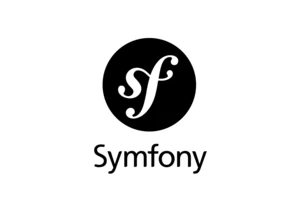
Thank you for joining us at SymfonyOnline June 2025!
What a great edition of SymfonyOnline we’ve just wrapped up! 🎉
We were thrilled to welcome 300 participants from 35 different countries—a
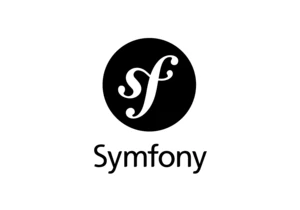
This week, Symfony celebrated the SymfonyOnline June 2025 conference with great success. Meanwhile, development efforts focused on improving invokable commands for the upcoming Symfony 7.4 version. Th
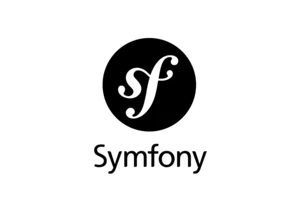
This week, development activity focused on the upcoming Symfony 7.4 and 8.0 versions, which will deprecate and remove many features. In addition, we published a case study about Yousign. Finally, we'r

As digital signatures become the norm in modern business, Yousign has established itself as a trusted leader across Europe. Behind its simple, intuitive interface is a powerful technical engine, handl

Get ready for the exciting SymfonyOnline June 2025, kicking off in a few days only! There’s still time to register and join the international online Symfony conference—along with pre-conferenc
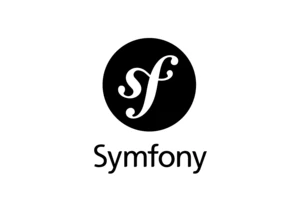
This week, Symfony released the stable version of Symfony 7.3, which includes lots of amazing new features. We also published the maintenance versions 6.4.22 and 7.2.7.
Symfony development highlights
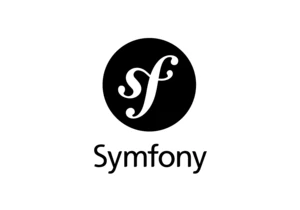
This is the second part of the blog post showcasing the main DX (developer experience) features introduced in Symfony 7.3. Read the first part of this blog post.
Verify URI Signatures… https://symfon
